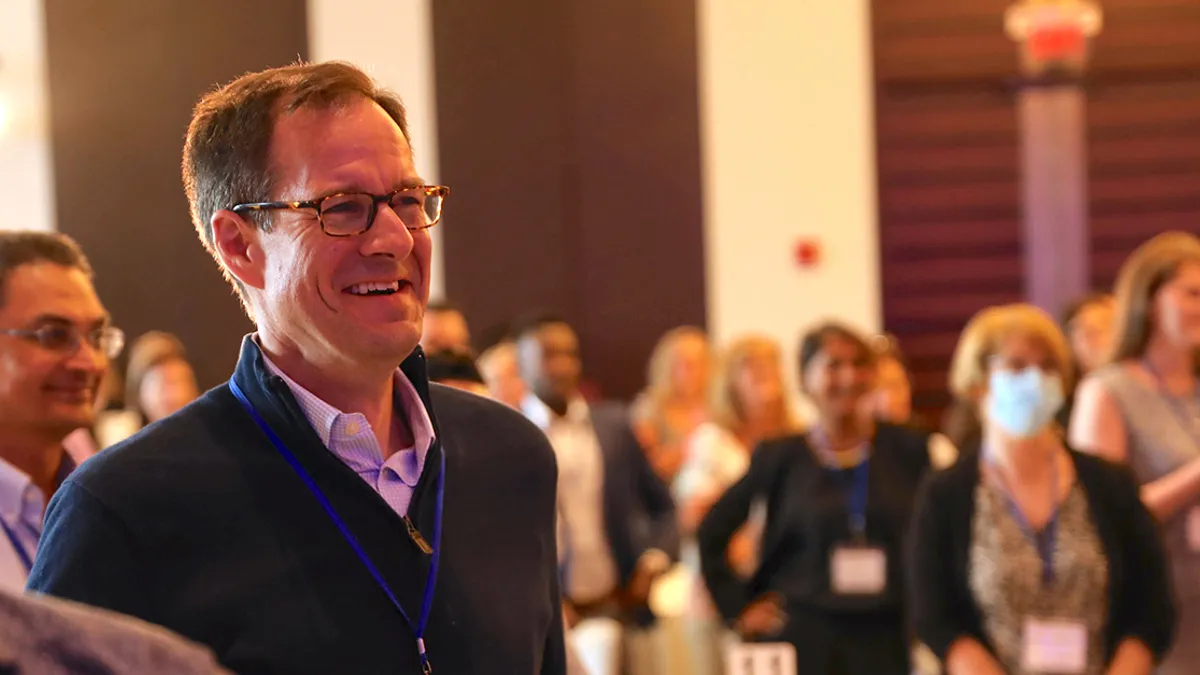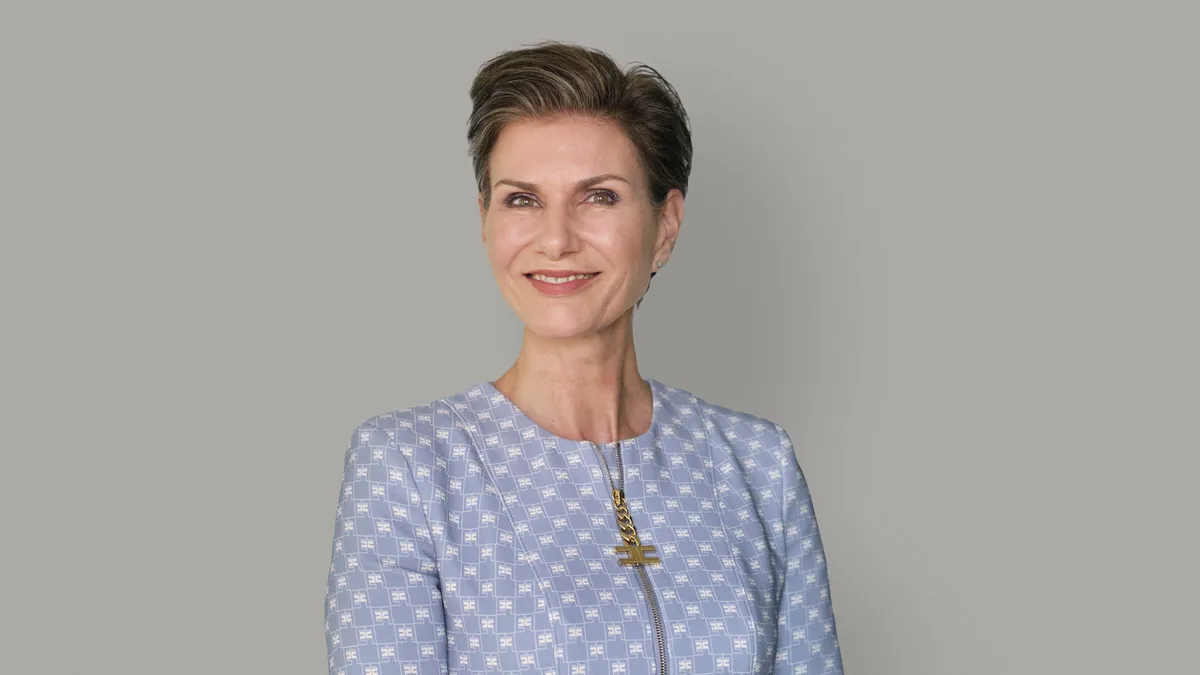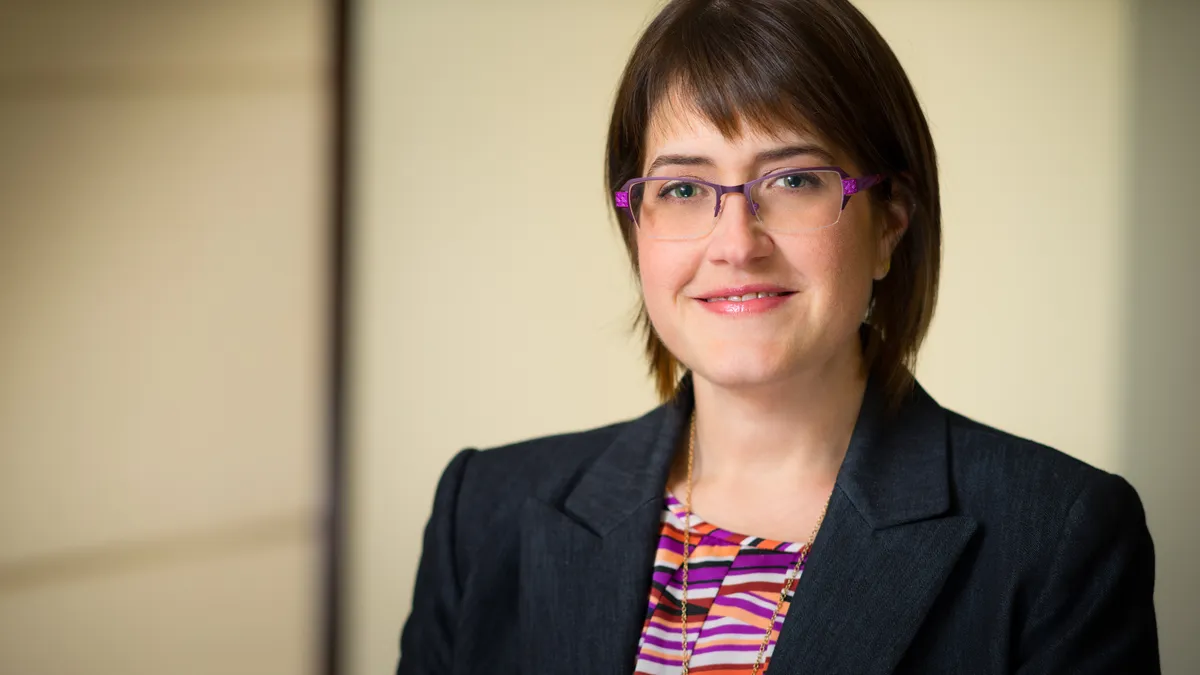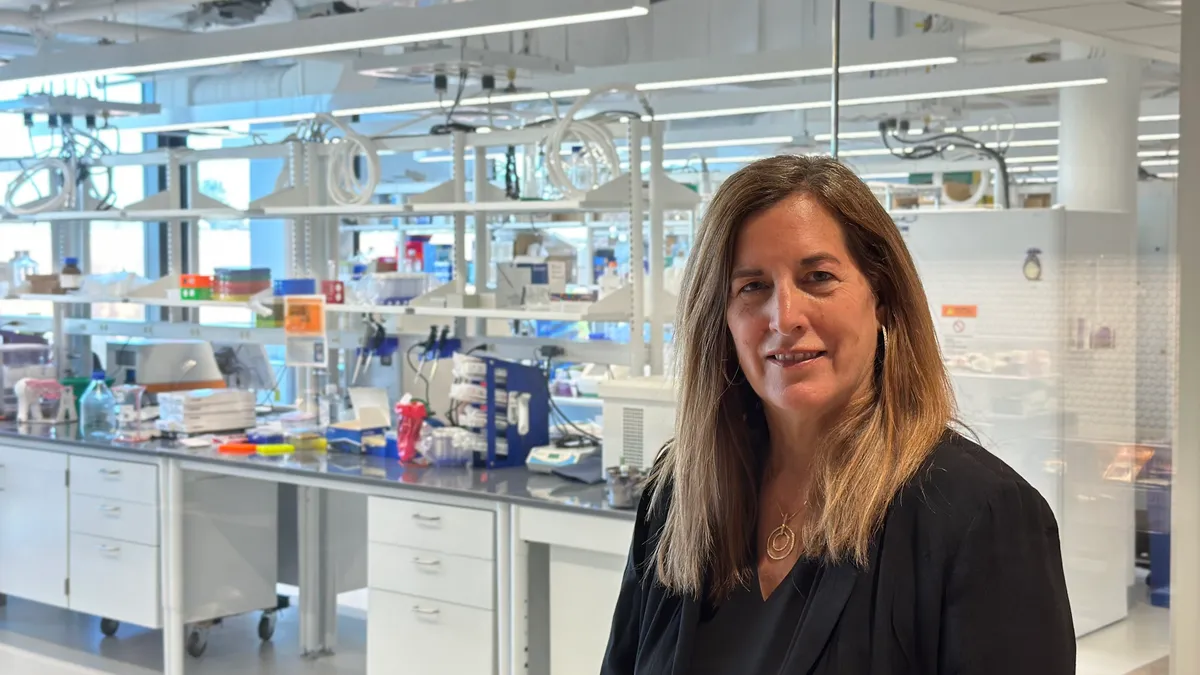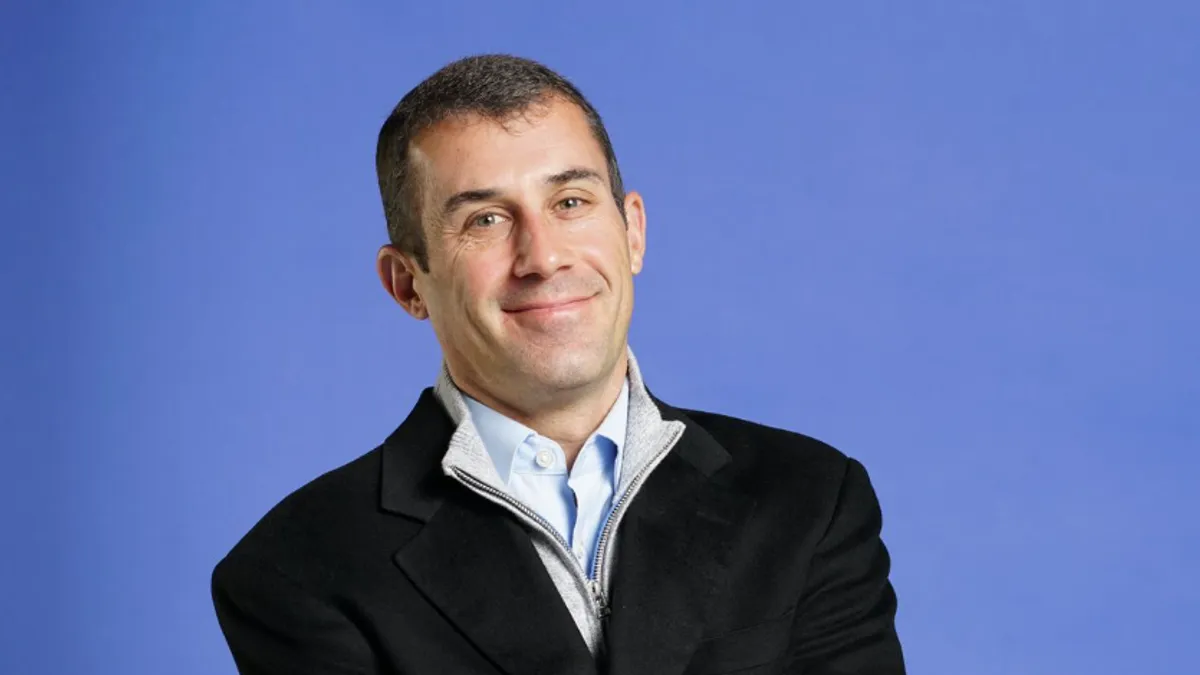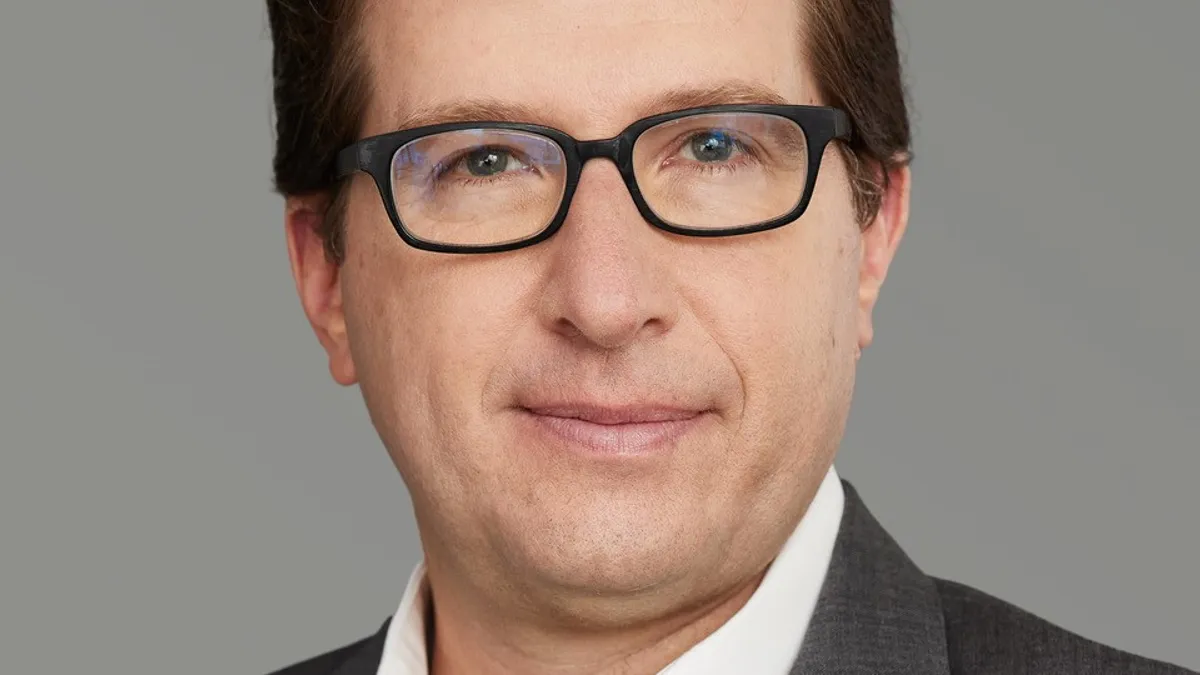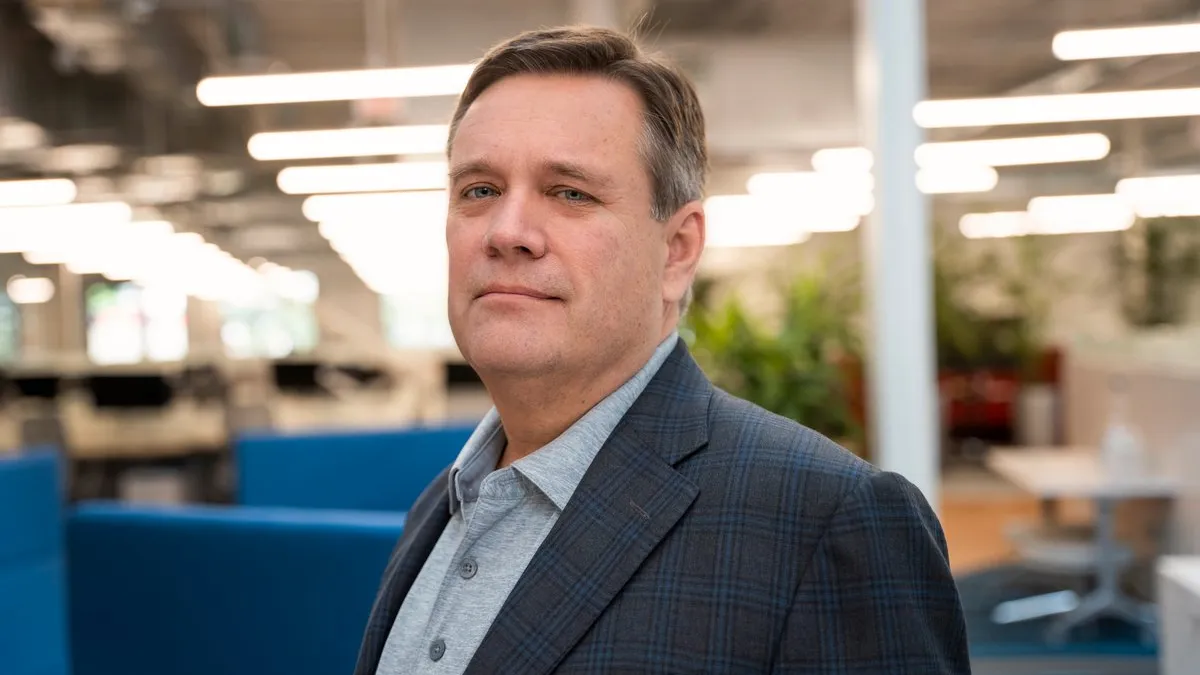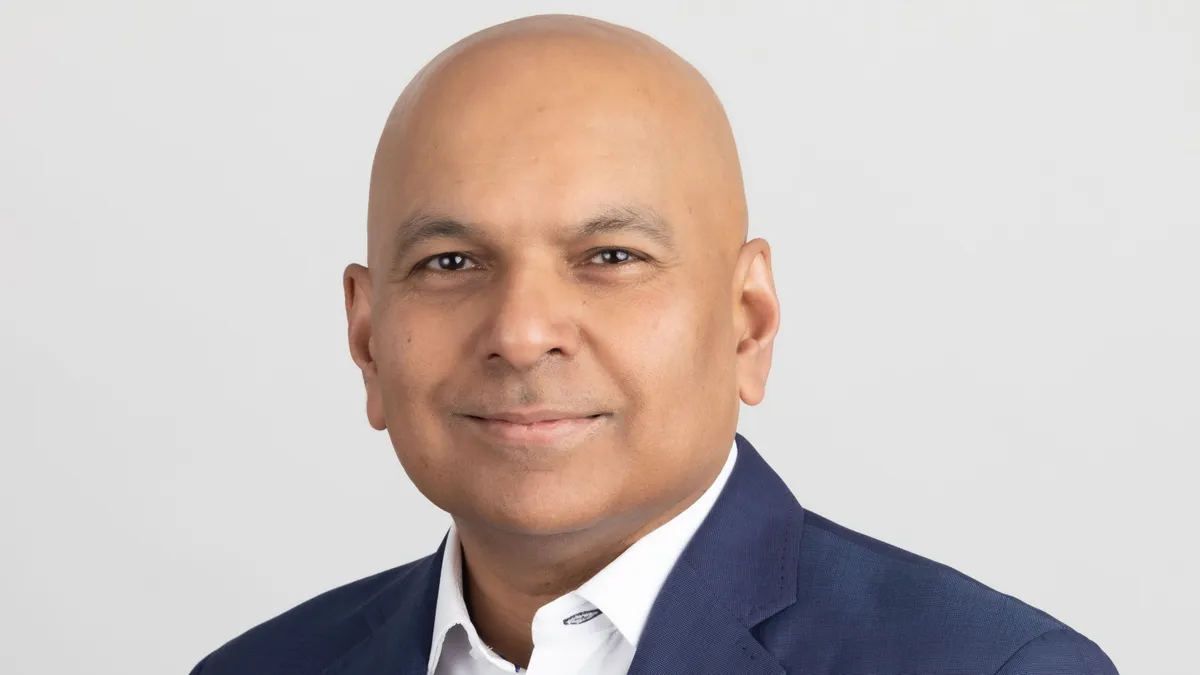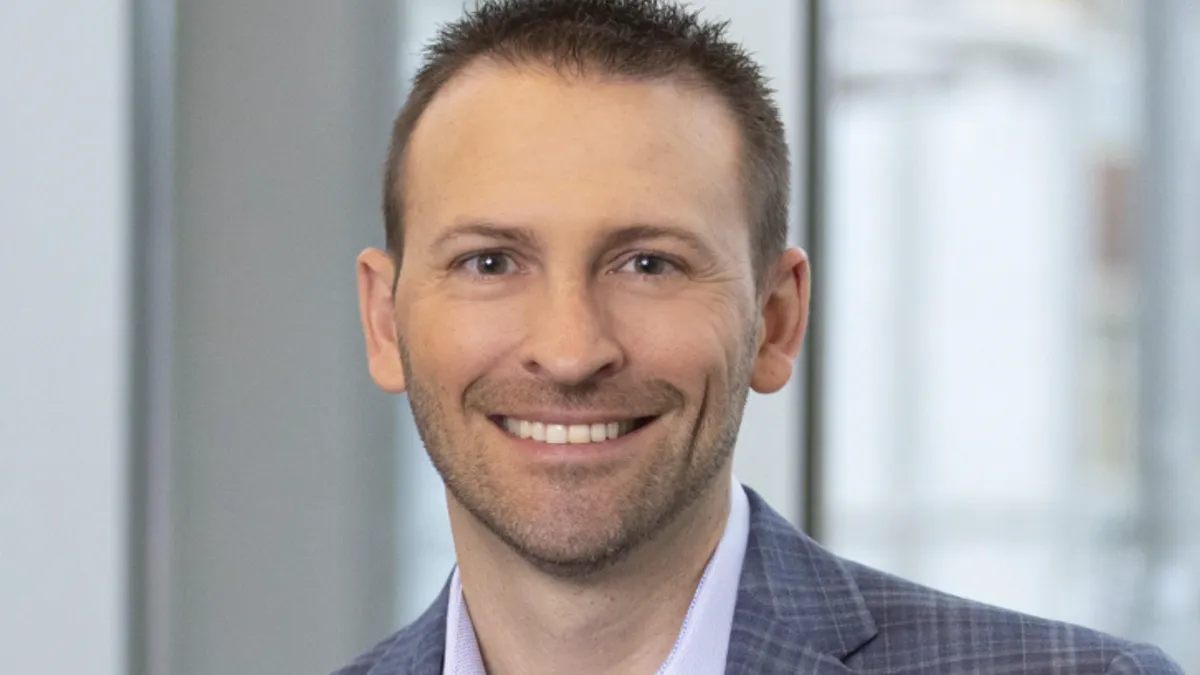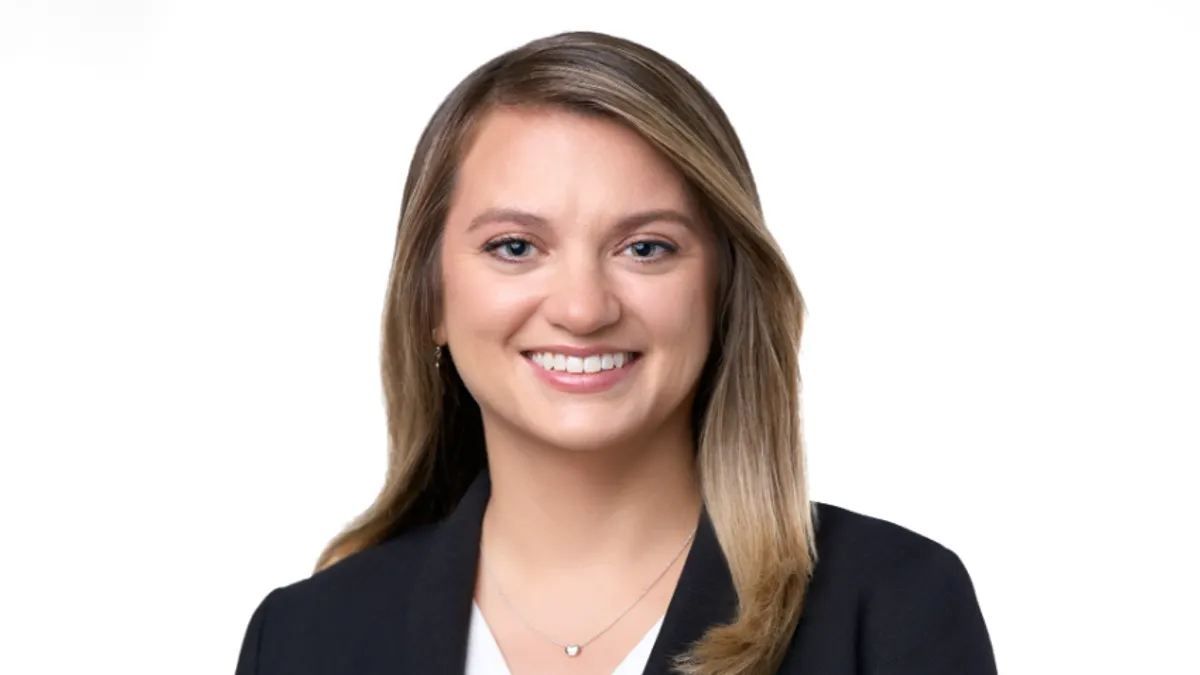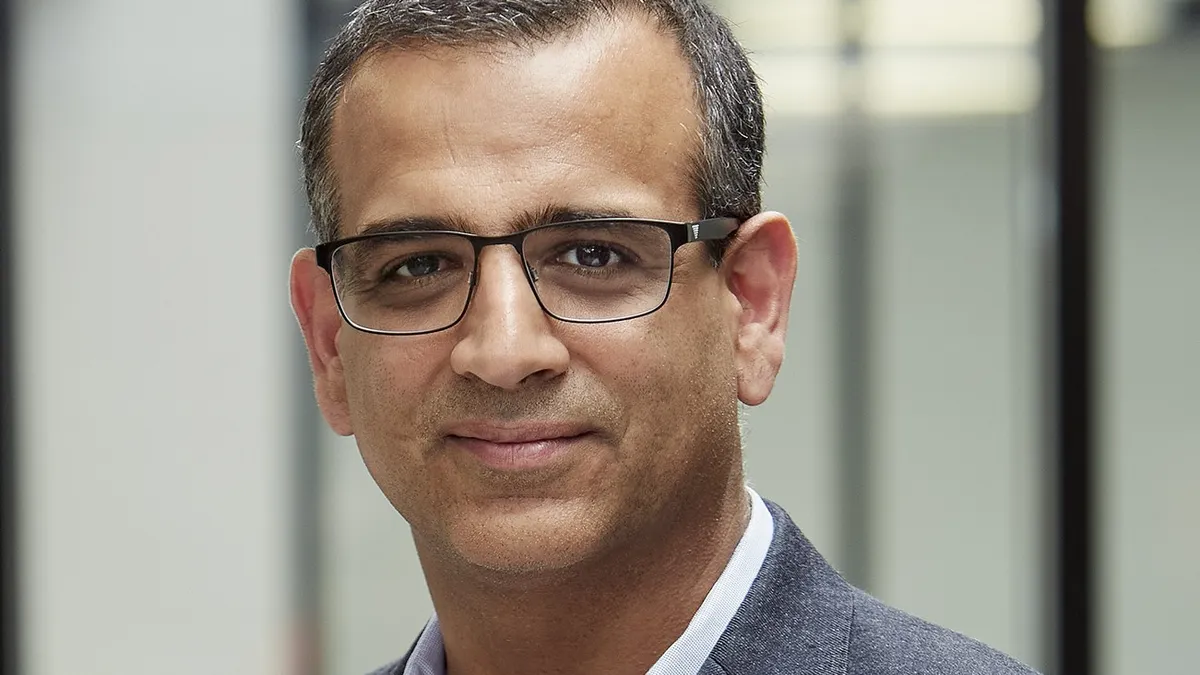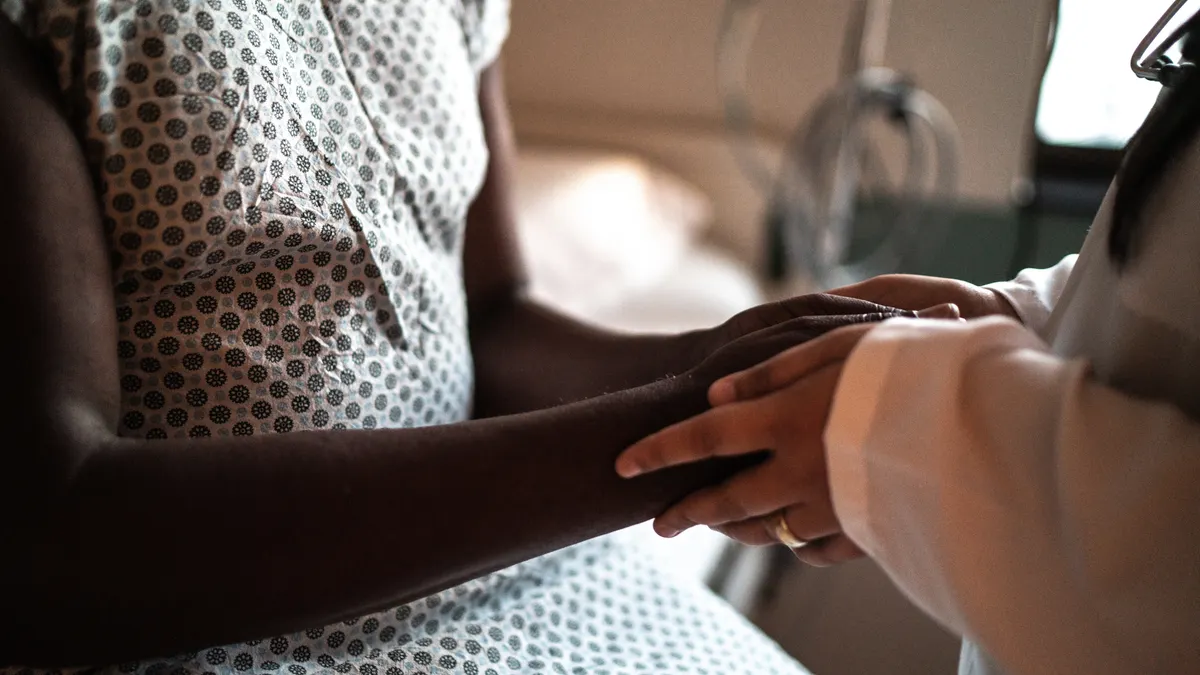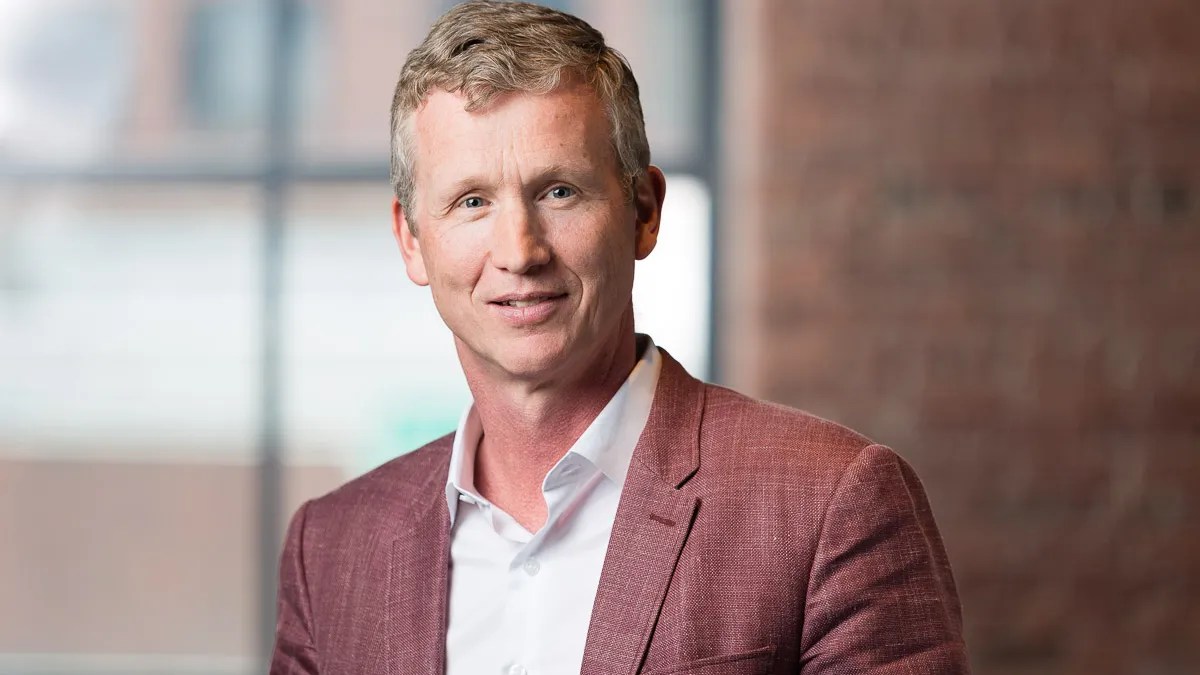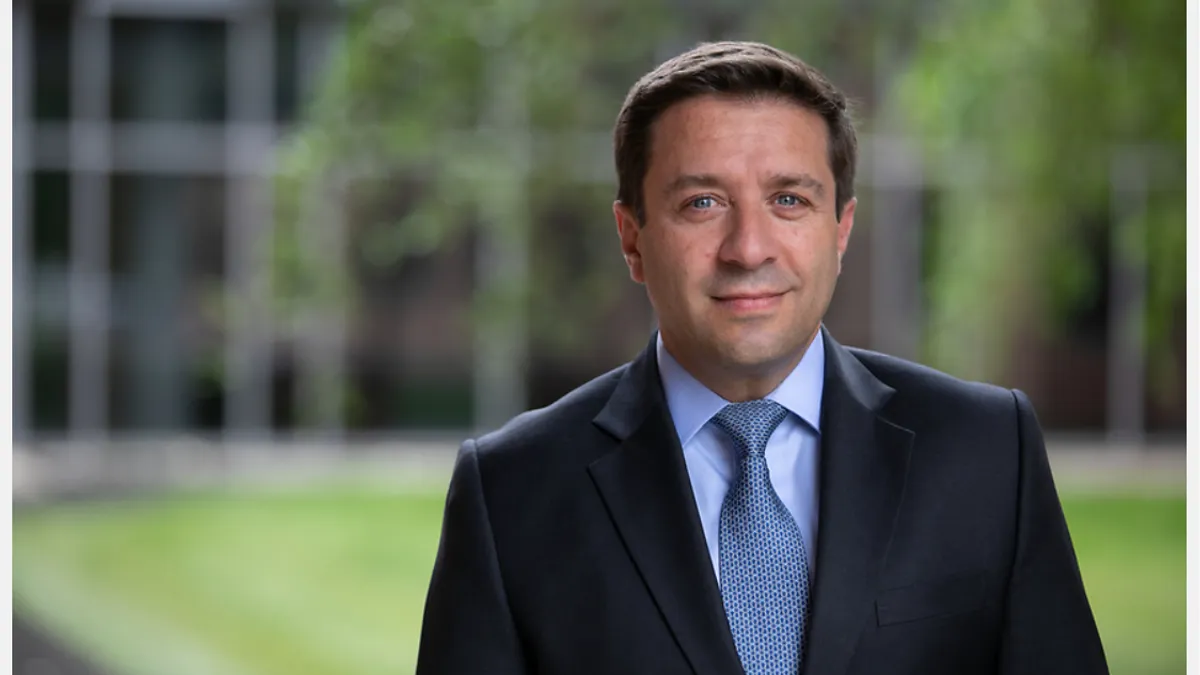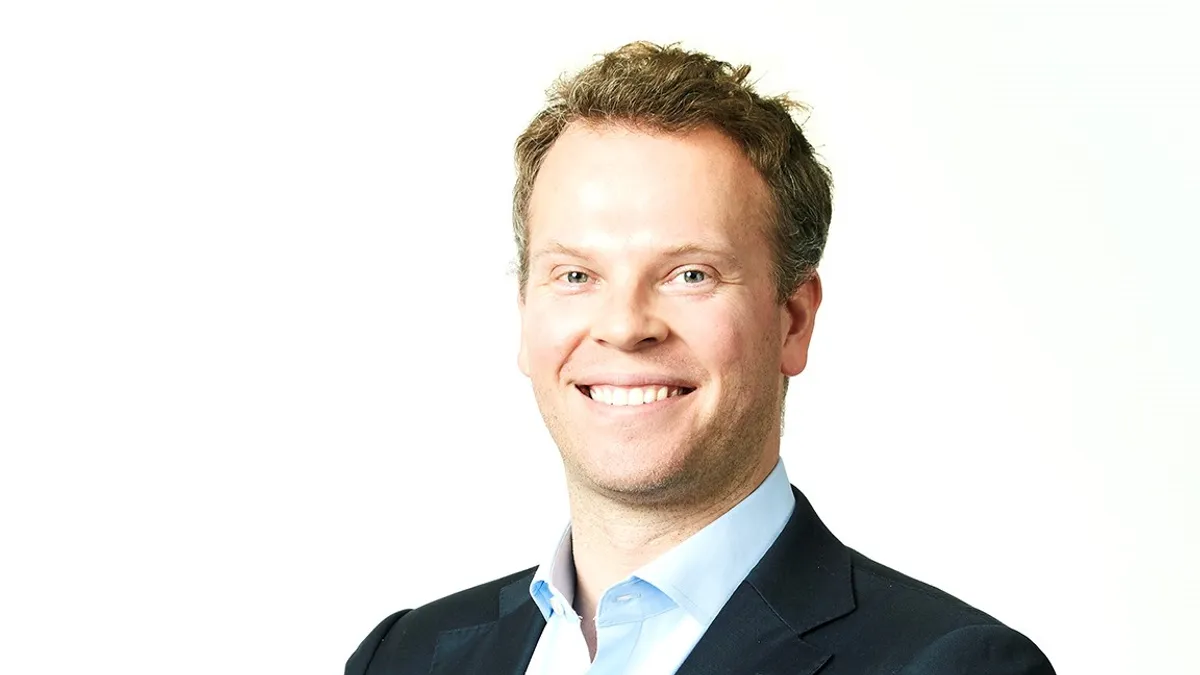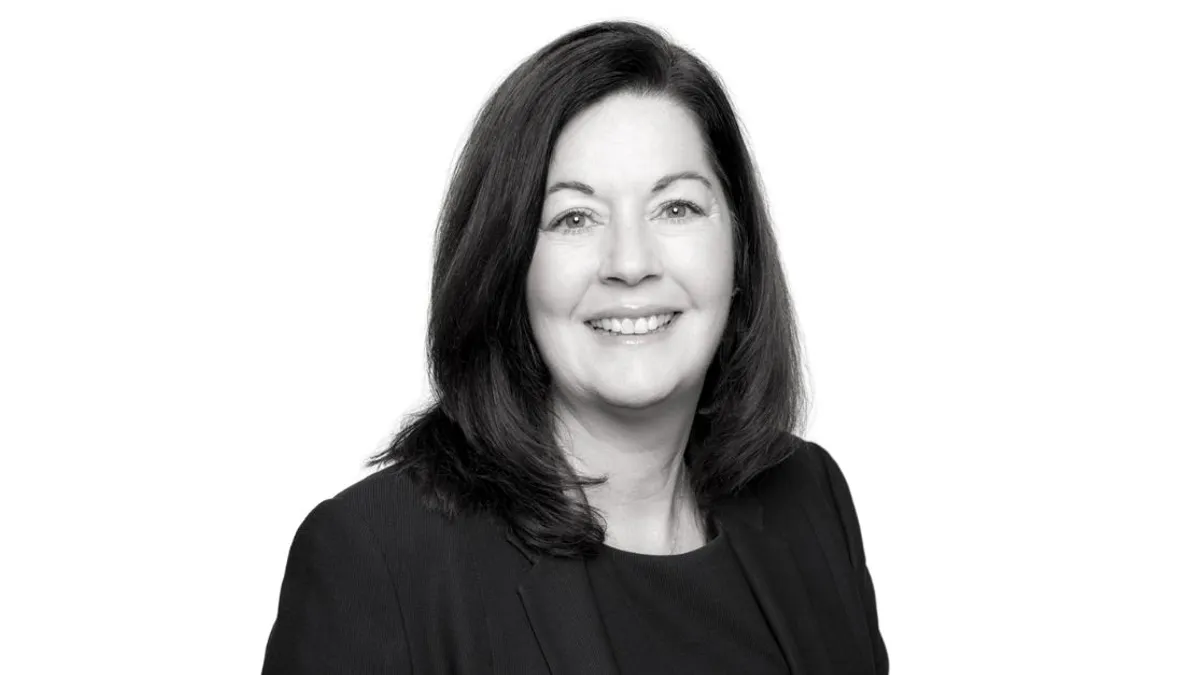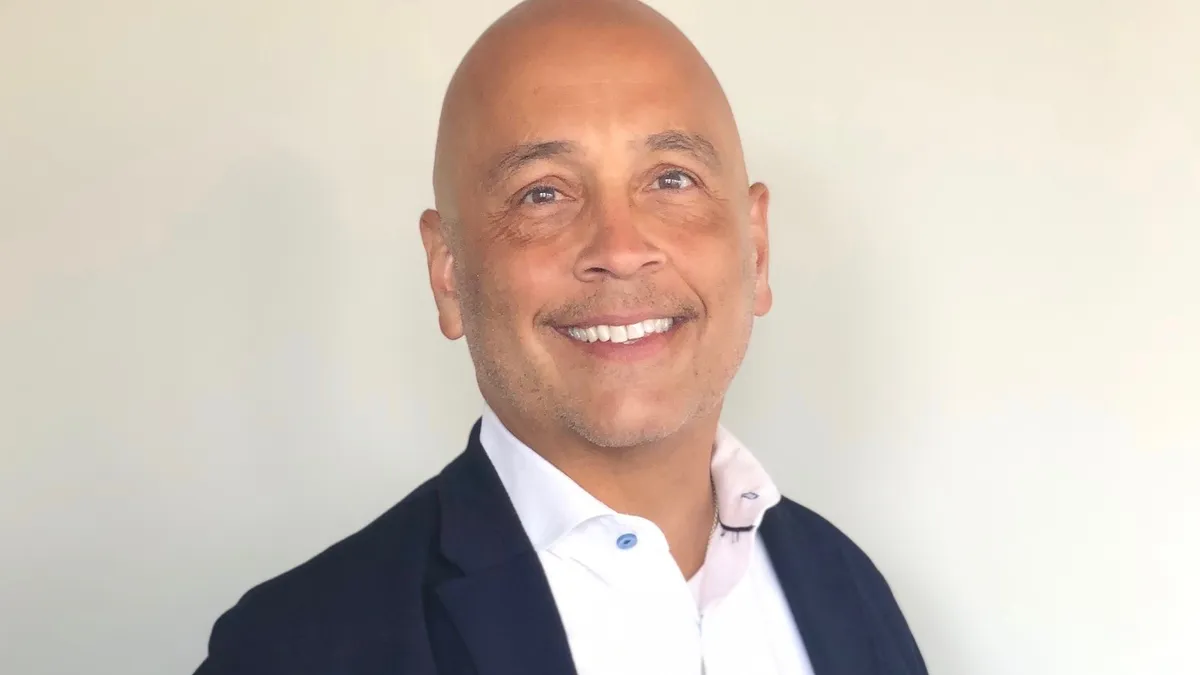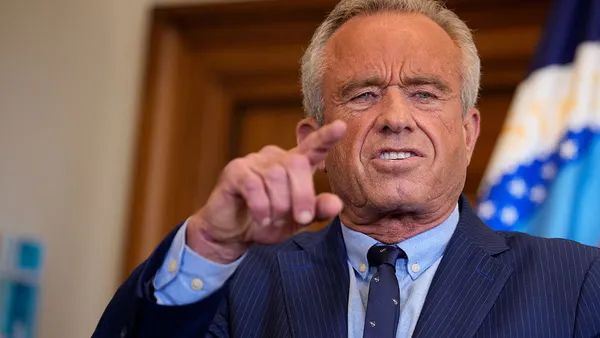Welcome to First 90 Days, a series dedicated to examining how biopharma executives are planning for success in their new role. Today, we’re looking at Bristol Myers Squibb’s new senior vice president of intercontinental markets, Emma Charles, who’s working to increase visibility and drug access for smaller countries around the globe.
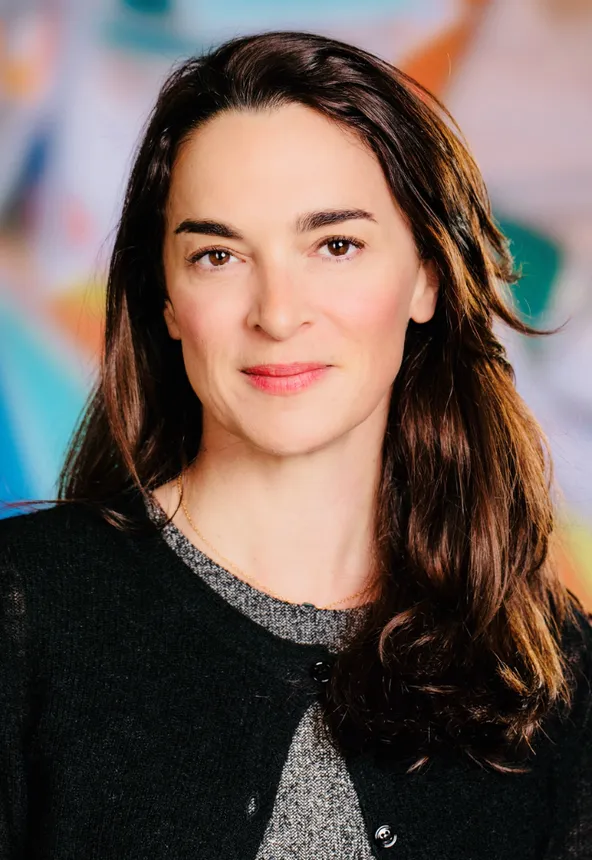
Emma Charles’ first three months as the new senior vice president of intercontinental markets at Bristol Myers Squibb have been nothing short of a whirlwind adventure. Since stepping into the role, which puts her in charge of 65 different markets covering 60% of the world’s population, Charles has been in perpetual motion — traveling to nearly every area under her jurisdiction.
“My friends and family make fun of me (and say), ‘Where are you going to be next? We don't see you anymore,’” she said, laughing. “It's overwhelming. Sometimes I'm like, ‘Oh my God, I have to travel so much.’ But at the same time, it's rewarding connecting with all those people.”
The goal, she explained, is to meet with as many colleagues from across her portfolio as possible. So far, she’s made a decent dent in that mission, with visits to South America, Asia, the Middle East and more.
And all told, Charles said the role is a “connection of all the little pieces of the puzzle” in her Big Pharma-dotted resume that already reads like a travel brochure — from her first job as a business analyst for Sanofi Pasteur in Thailand, to roles across Europe for Pfizer, to her most recent position leading BMS Italy for the last six years.
While conquering the perpetual jet lag, she’s now putting those experiences and deep understanding of the world’s cultures to the test while focusing on expanding BMS’s geographical footprint. It’s a task that could prove pivotal as the company faces a steep patent cliff in the U.S. for three of its bestselling drugs — Eliquis, Revlimid and Opdivo — this decade. Charles’ new role also comes at an inflection point for BMS as a new slate of leaders, including recently appointed CEO Chris Boerner and chief commercial officer Adam Lenkowsky, take charge and set the vision for the pharma moving forward.
With all the changes, Charles has a lot on her plate.
Here, she discusses the company’s approach to expanding into new markets, navigating global affairs and its commitment to mentoring colleagues around the world.
This interview has been edited for brevity and style.
PHARMAVOICE: How have you navigated the transition from managing BMS Italy to all intercontinental markets from Latin America to Asia?
EMMA CHARLES: There are some countries that are willing to share their experiences, or they want to have some recognition so it's important we connect physically, especially because we are post-COVID and in many of these markets, they suffered from not being visited or connected with the head office.
Some countries may think they are not as important as Europe, for instance, or not as important as the U.S., and my mission is to make sure I give visibility to those regions and markets. As a new leader, I want to meet those people. I want to know who they are, what kind of aspirations they have and how they want to grow. I want to spend quality time with them, understand their challenges. That was my first objective. I don't know if I'm going to keep that same rhythm because I don't know if I can continue the marathon. But at least at the beginning, it's very important for me to cover everyone.
What are your goals in the new position?
It's a lot about growth opportunities, in terms of geographical expansion, looking at providing access to medicine in different countries. At the moment, we are looking at making sure we augment our medical footprint internationally, because we want to make sure that in some countries where it takes longer to get regulatory approval or reimbursement we seize the opportunity of providing the clinical experience. We need to make sure we engage with the health authority for them to understand the value of our medicine and the reason why we are providing this medicine.
I'm thinking particularly of China, for example, (where) we introduced a new treatment in beta thalassemia, and were able to get the medicine on the national reimbursement list. If the local health authority did not understand how the medicine fit into the local needs of patients, then it would have been difficult to get reimbursement or regulatory approval.
How do geopolitical tensions play into your role and approach to crafting a strategy?
Intercontinental markets are so diverse. You have some countries that are very stable economically and politically. You have some countries that are suffering from hyperinflation, if I think about Turkey or Argentina. You have countries that have just been through elections, and I'm thinking about Turkey.
It's a constant monitoring of the economic situation and geopolitical tensions as well. We want to make sure that we are operating in a safe way and, for our employees, there is also a safe environment. At the end of the day, our mission is to make sure that patients can be treated. Yes, there are political tensions but we need to make sure the connections with the physicians and networks of hospital are working well because we don't want patients to face disruptions in the continuity of treatment.
"One person told me: Don't think of your professional career as an elevator. It's not like you go from one role to another; it is not a vertical pathway."

Emma Charles
SVP, intercontinental markets, BMS
As a leader of global markets how do you think about contingency plans and prepare for unexpected global events?
Obviously, if there is something that is preventing us from operating in a particular country, immediately we have a crisis meeting with colleagues involved from different departments. We always think about: What if you’re a patient in this country? What do we do for them? Especially if we already have some presence and if we are already supplying some innovative and important medicine. We are always thinking about, even if there is a change in government, even if there is a devaluation, even if there is a crisis, ‘How can we make sure that we avoid a disruption in terms of treatment?’
You mentioned that you’re focused on career development for colleagues. How do you approach mentorship?
I've been a mentee and I've been a mentor many times. There are two components that are essential: trust and time. Time because to mentor somebody, it's not like ticking a box. You really need to dedicate time to this person. And you need to actively listen to make sure that you're 100% present with that person so you can give advice. Then, the best relationship with a mentor is when you can share something you're not so comfortable with. You need to be able to open yourself and be able to feel that there is a space of trust. If you create that, it is a magical moment because then you can really work on the issues or the challenges.
What’s the best advice you’ve ever received from a mentor?
One person told me: Don't think of your professional career as an elevator. It's not like you go from one role to another; it is not a vertical pathway. If you think this way, maybe you will arrive at a very high position and then what do you do? And maybe you won’t be mature enough to manage that high position. A lateral move can be positive because it allows you to learn something new in a different function. So, he said: ‘Look at your professional pathway as a spiral and not like an elevator. You can move sideways, and you can build your experience. The more experience you have, the more confident you will be because you've done things you didn’t think you were going to be able to.’









